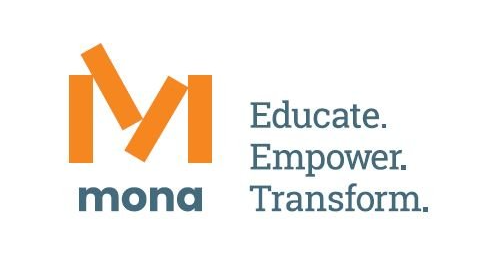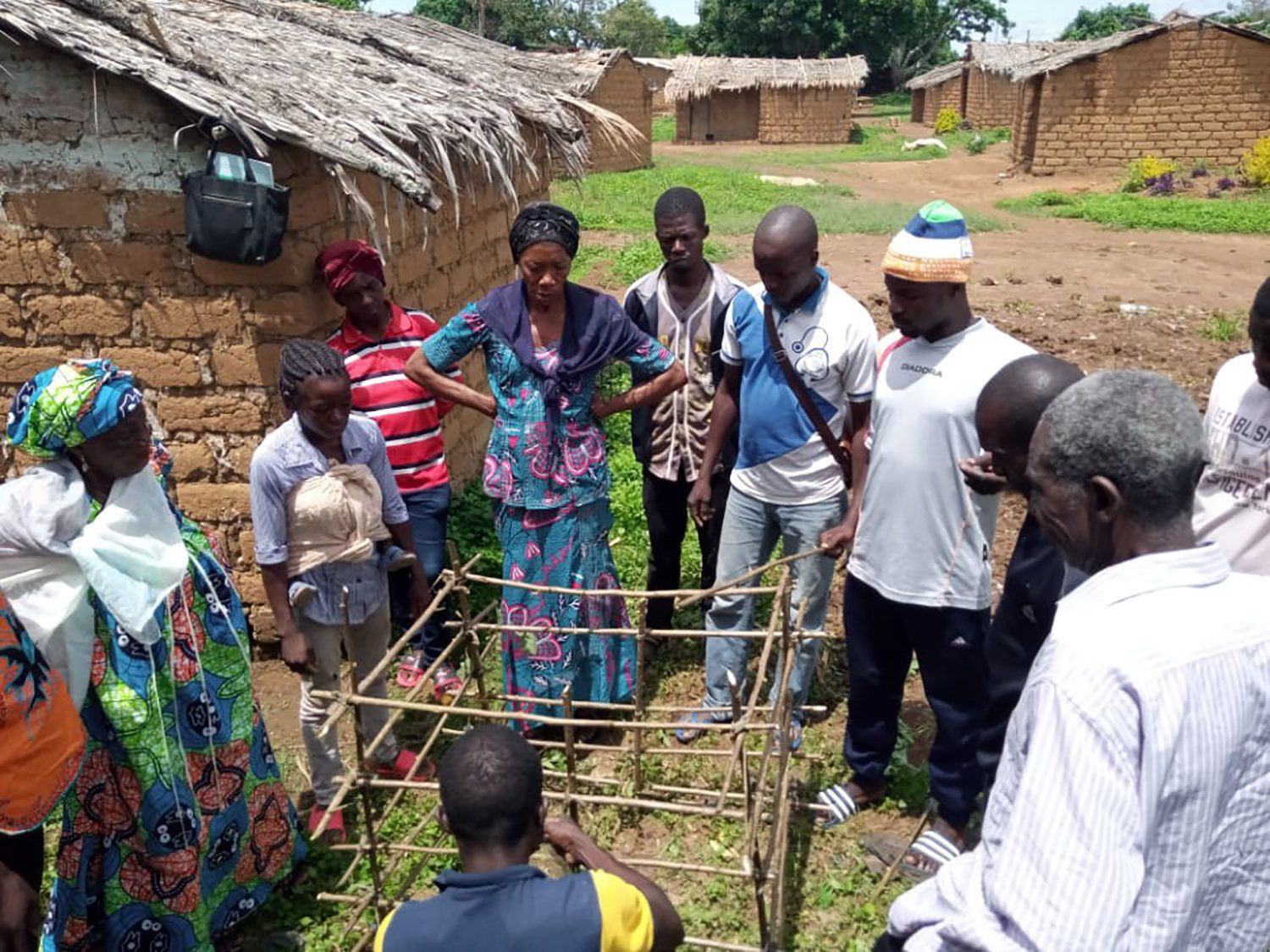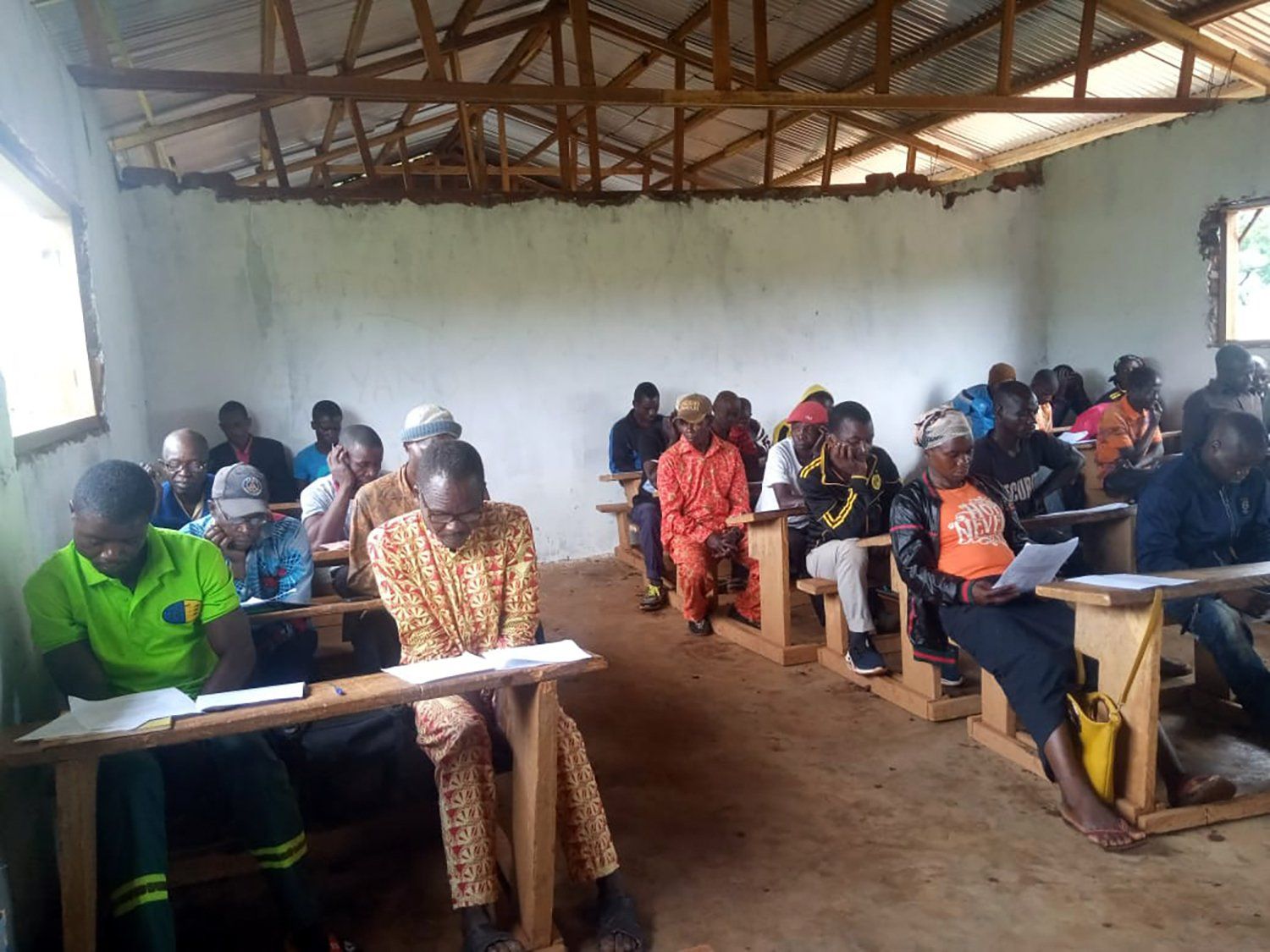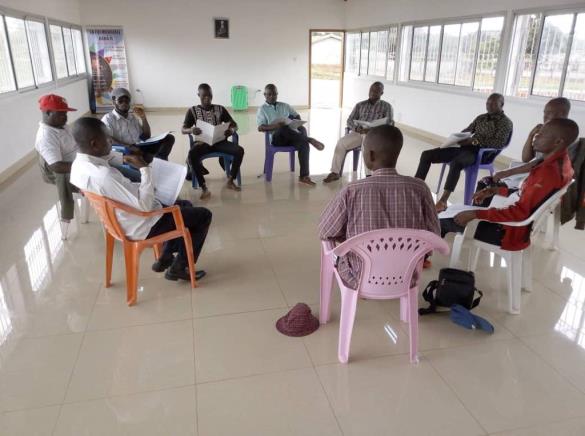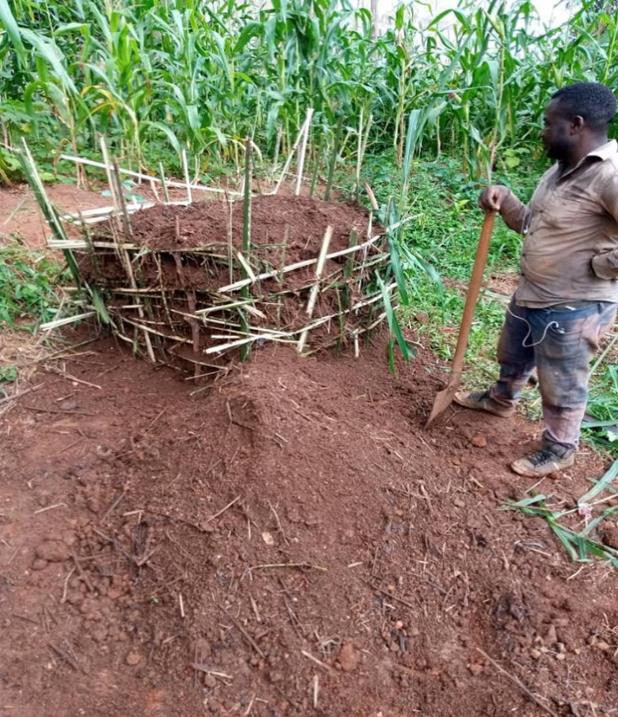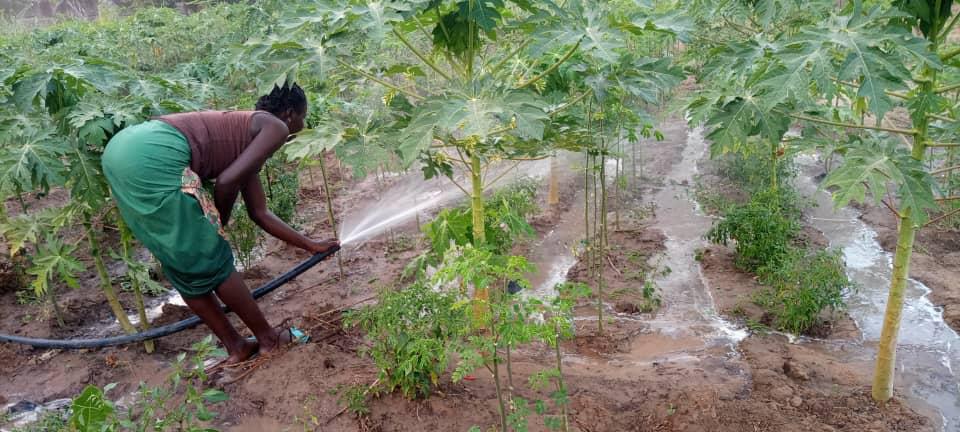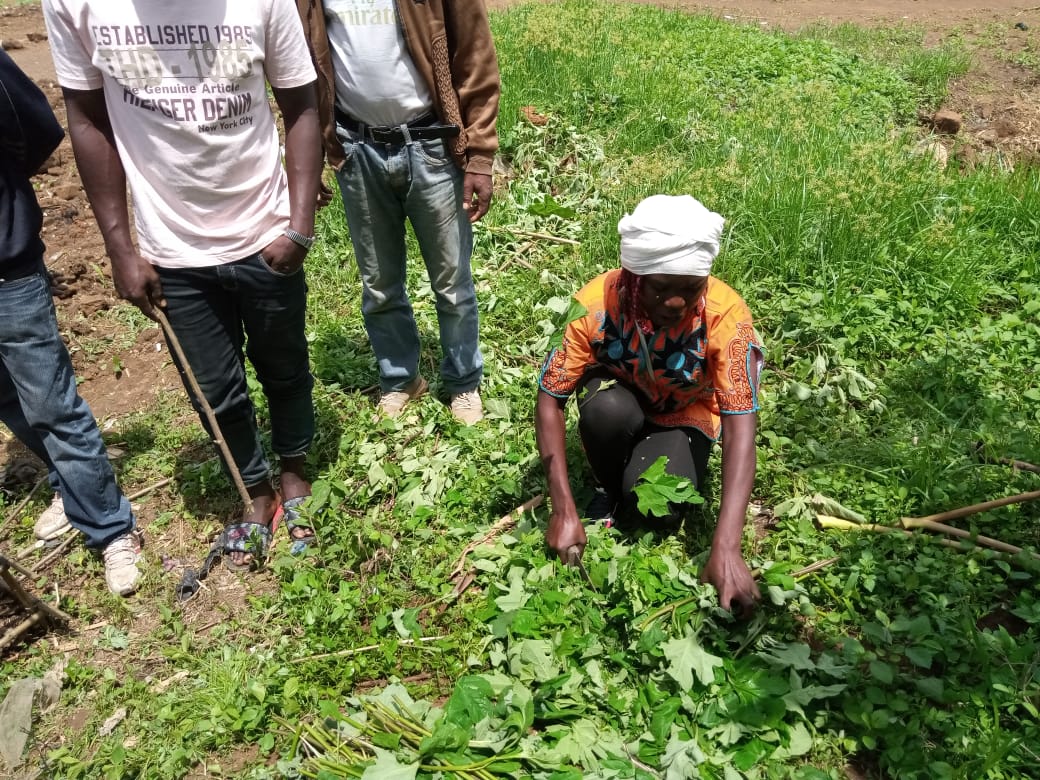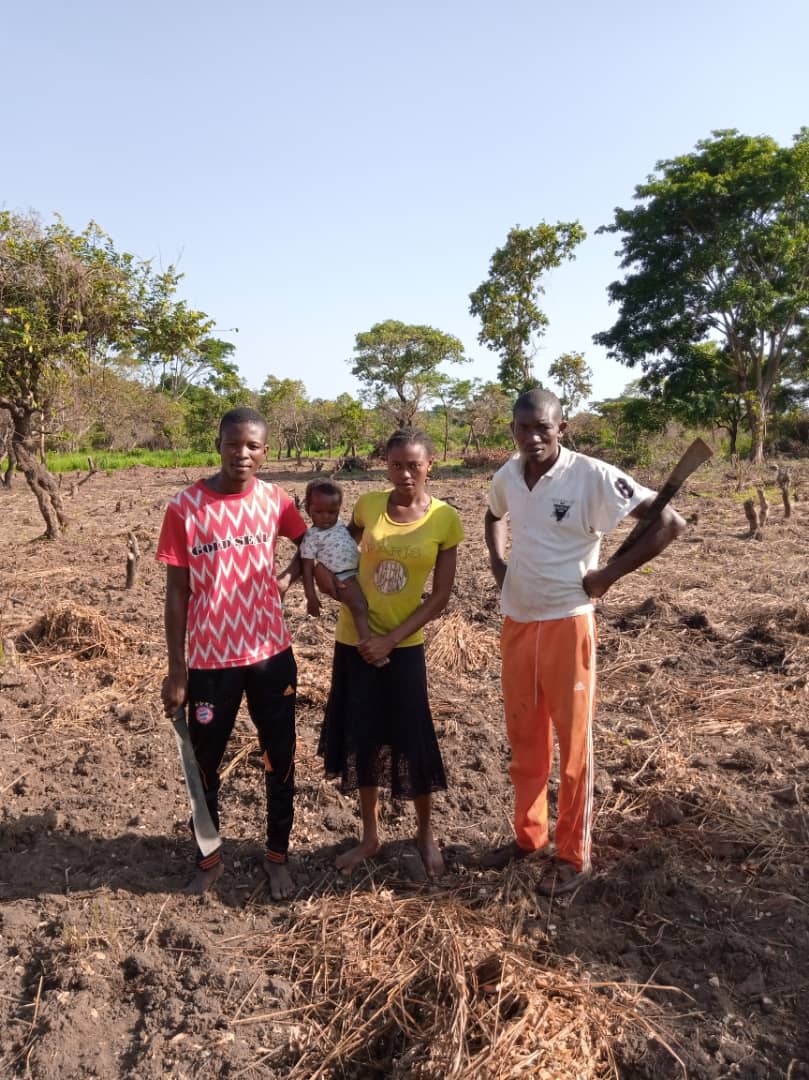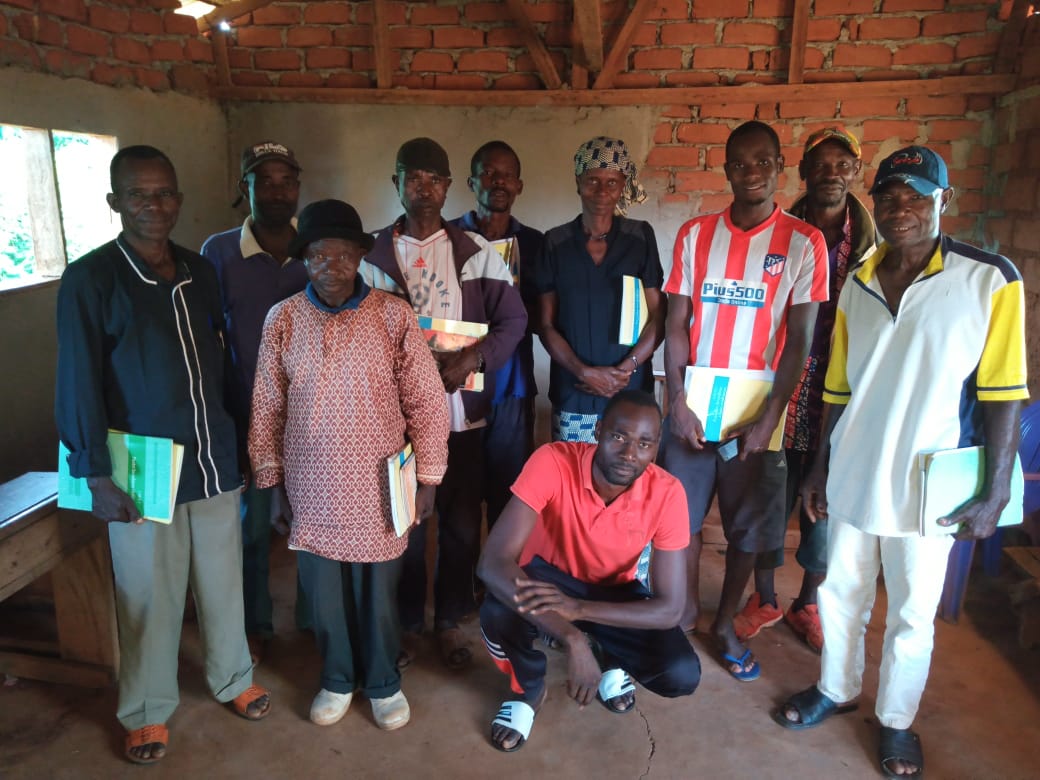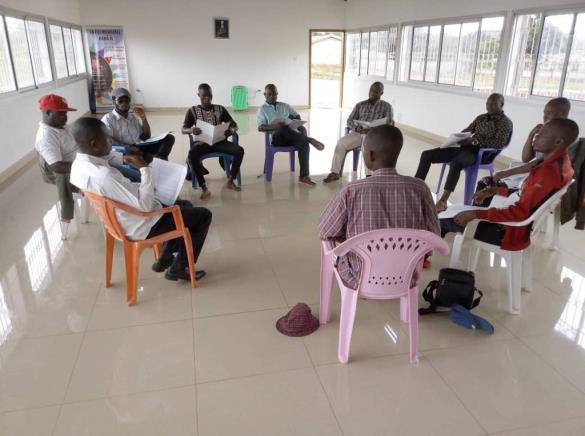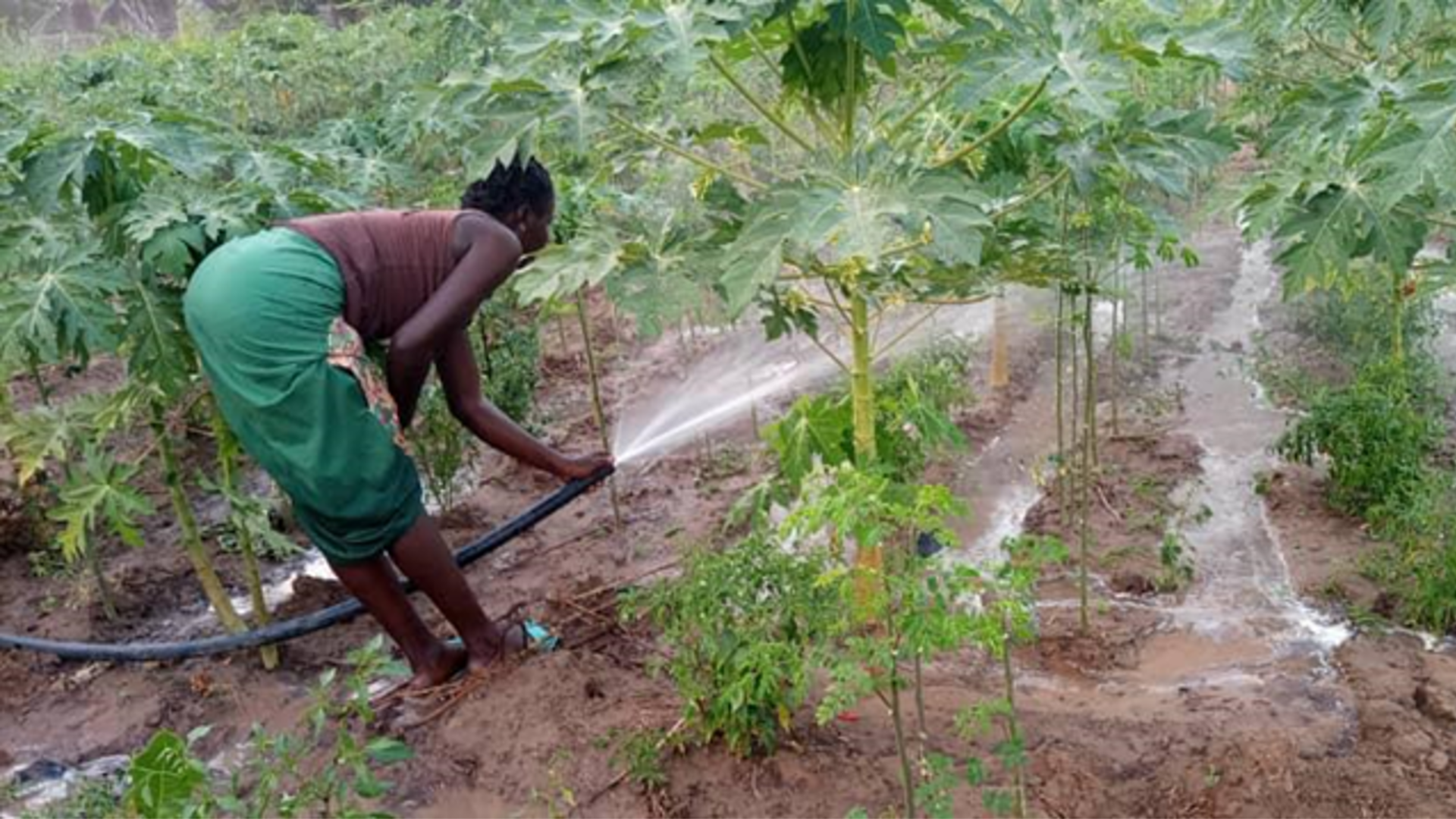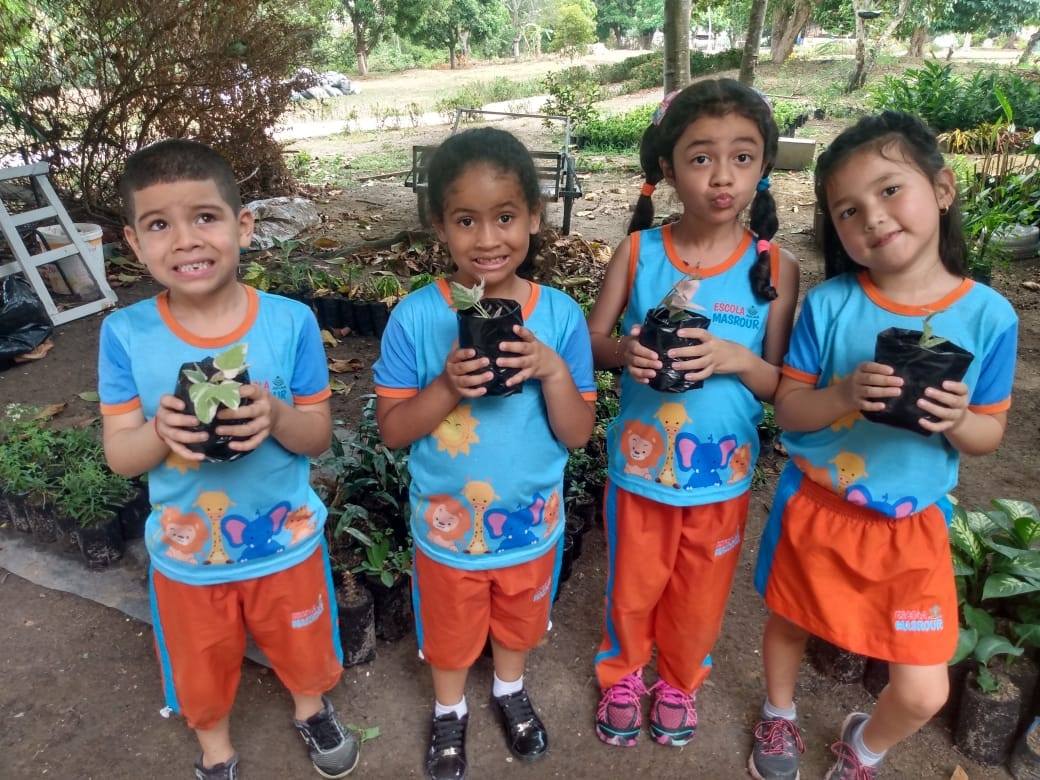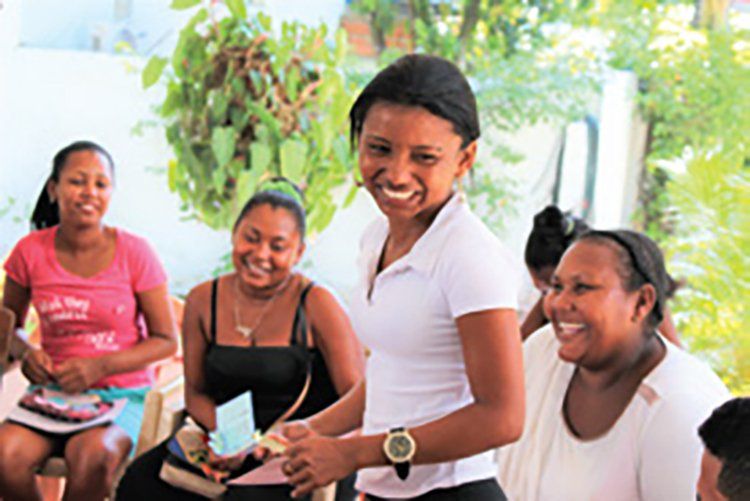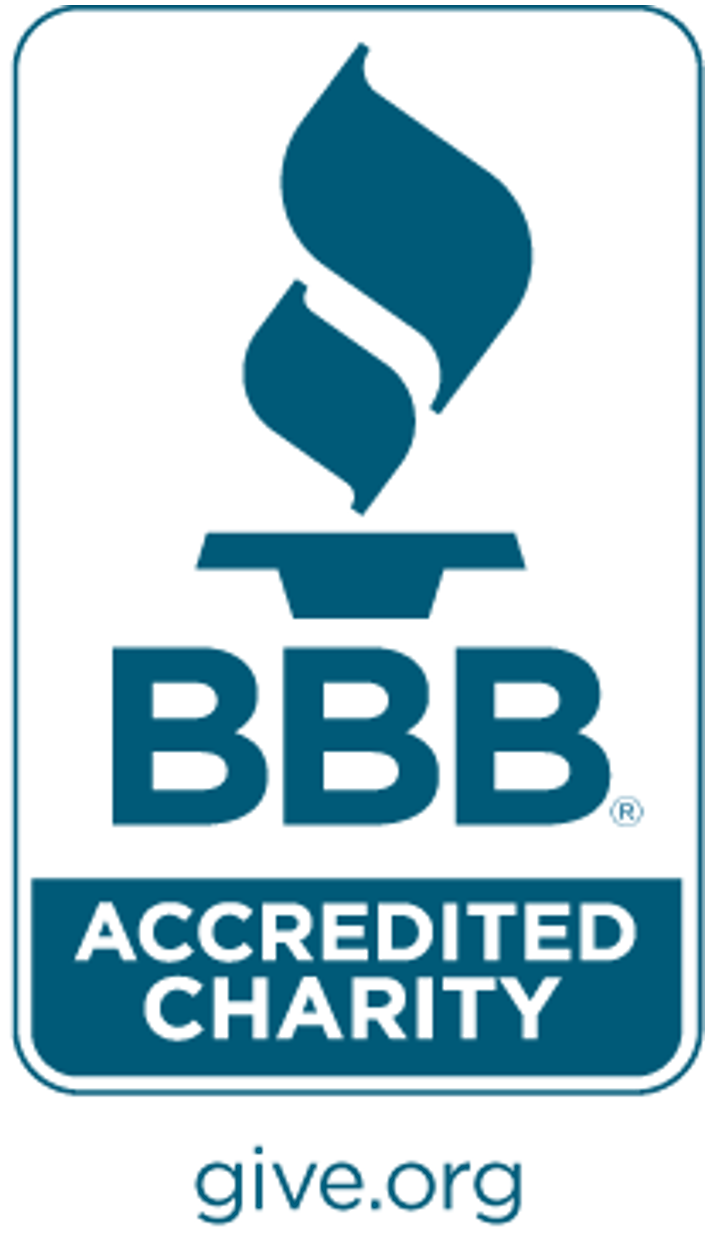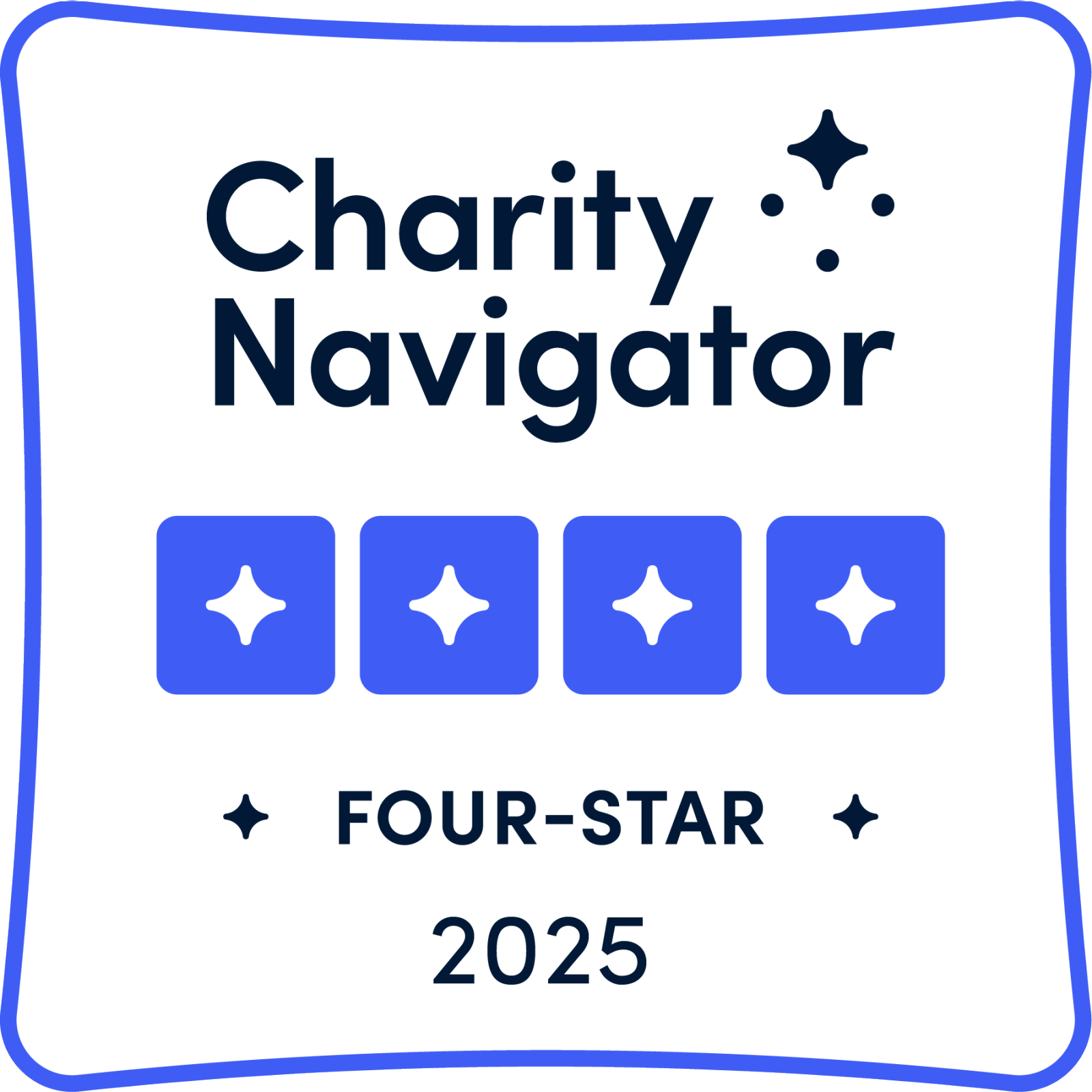Emergence Foundation
Cameroon
About Emergence Foundation
Mona Partner Since 2021
Emergence Foundation for Education and Development was founded in 2003. Its mission is to bring forth the inherent capabilities of the Cameroonian people for the benefit of their society. With a focus on education, Emergence supports and enhances the educational processes within the country by training facilitators for the Preparation for Social Action (PSA) program which builds capacity in the local population to take charge of their own development. The capabilities acquired allows them to improve their lives and bring about progress in the community.
The Challenge
Despite being rich in natural resources, poverty remains widespread in Cameroon with over 37% of the population living below the poverty line. An estimated 70% of the population farms, mostly at the subsistence scale by local farmers who grow small quantities of single crops (monoculture). Another challenge is that many farmers have poor agricultural practices (planting the same nutritionally poor crop year after year) resulting in poor overall diet. Their poor diet makes them vulnerable to disease and malnutrition, especially among children. The quality of healthcare is also generally low.
There is little access to secondary education to raise local capacity to address these crucial needs. Education is not considered a priority, especially for girls. Only 32.5% of women have some level of secondary schooling. While primary school is free, families must pay a fee to send their children to high school, which most cannot afford.
The Solution: Emergence Programs
Preparation for Social Action (PSA)
Equivalent to the first two years of high school, the PSA program aims to raise the capacity of youth and adults to become effective agents of change in their communities. The curriculum covers academics (language, science and math) and processes of community life such as agriculture, health, education, and environmental conservation to address regional needs. Those who complete the first level earn the designation Promoter of Community Well-Being. The next two levels seek to increase the capacity of Promoters to support the sound development of their communities.
The program is carried out in small groups in a local setting with the assistance of a trained PSA tutor.
Tutors guide students through the texts, raise questions and help find answers, reflect on experience, and supervise student projects as they apply learning in service to the community. The tutorial approach allows PSA students to participate in learning activities, social action, and community service with a degree of time flexibility.
A Decentralized Approach Builds Local Capacity - Having trained over 2,000 "Promoters" in the last decade, Emergence helped to form regional associations of graduates in the East (APROBEC) and North (Sina Vaya), and now collaborates with them to further implement the program in their communities, primarily by training new PSA tutors. In the West, Emergence works alongside regional institutions and agencies to expand the program.
How we help
Our partnership began in 2021 with support for a pilot project to train first-level PSA graduates in the East on implementing an agricultural technique called Diversified High-Efficiency Plots to address food shortages and malnutrition. Since then, we have also provided for ongoing tutor training and materials for PSA group formation in the East, Central, West, North, and Far North regions as well as various seminars on Agriculture and Community Health, and helped build the Kouba Learning Center and experimental farm.
2024 Achievements
- Decentralized implementation of development activities to local communities while retaining responsibility for training PSA tutors
- Collaborated with regional development institutions to determine how to best support Promoters of Community Well-Being to educate others in agriculture, health, and environmental protection
- Held three consultative meetings in the Western Region and conducted the first of six PSA capacity-building seminars, training six new tutors
- Selected first group of eight PSA Tutors in Soa, set to begin training in March 2025
2025 Plans, $23,503
- Train 46 facilitators across three regions -- West (16), Central (20) and East (10) -- to promote increased participation in the PSA program across the country in collaboration with local institutions and agencies.
- Continue working with APROBEC, a local association of PSA graduates in the Eastern region, to organize advanced seminars on Agriculture, Community Health, and Environmental Protection for existing Promoters of Community Well-Being.
- Assist seminar participants in the generation and application of knowledge for the progress of the entire region.
